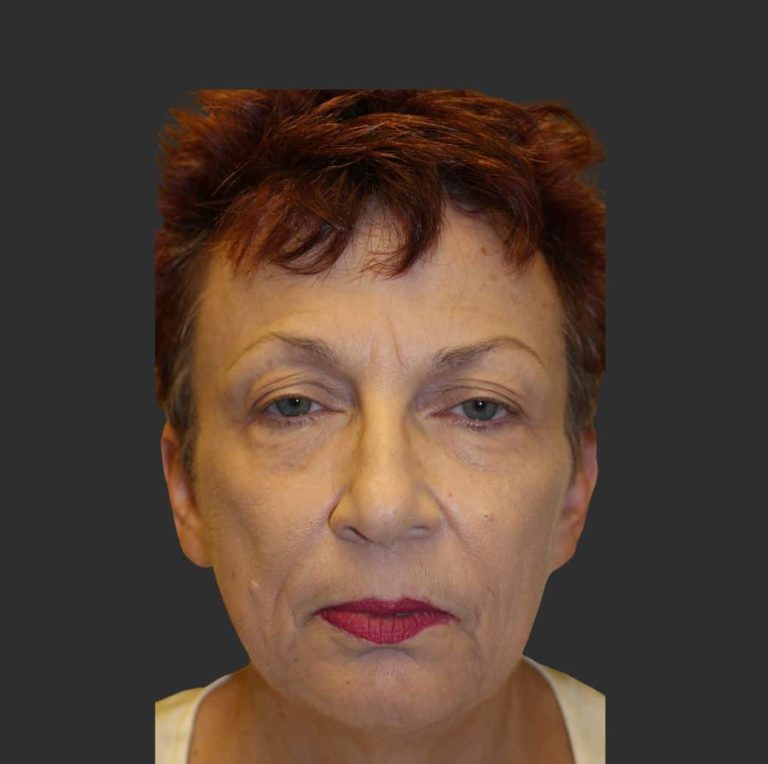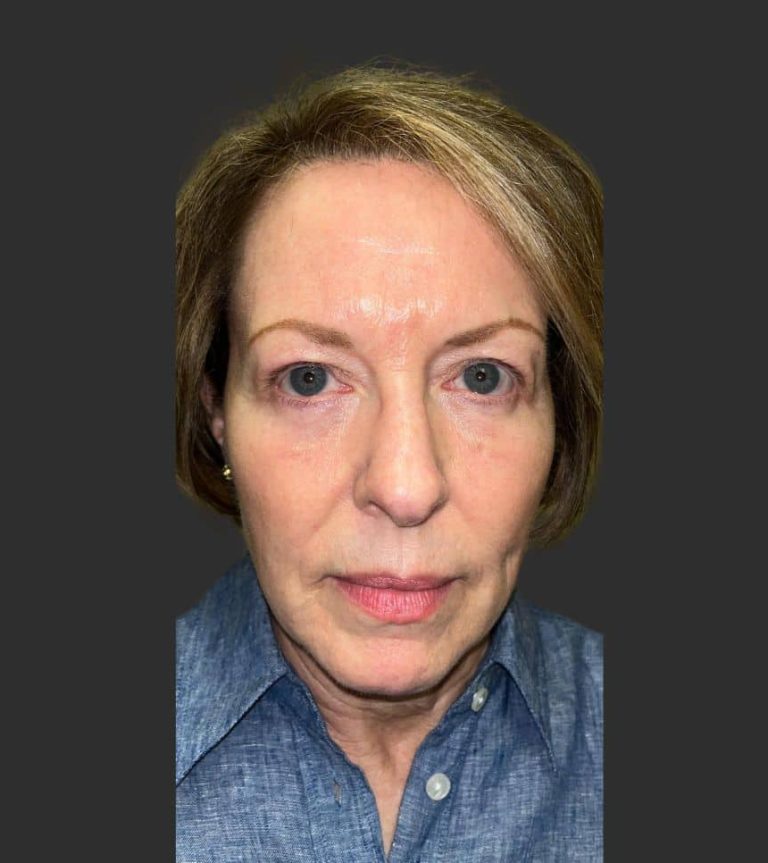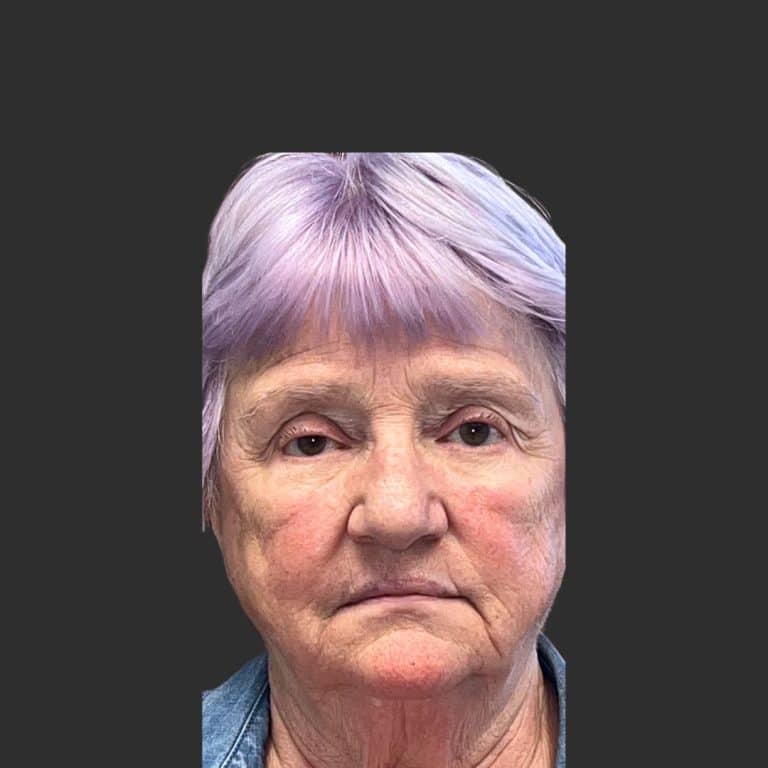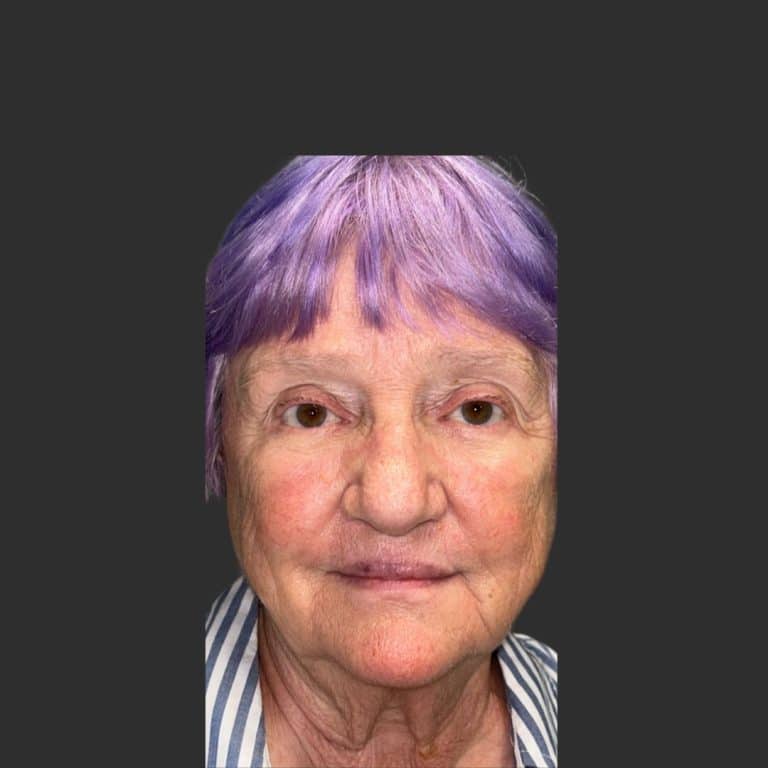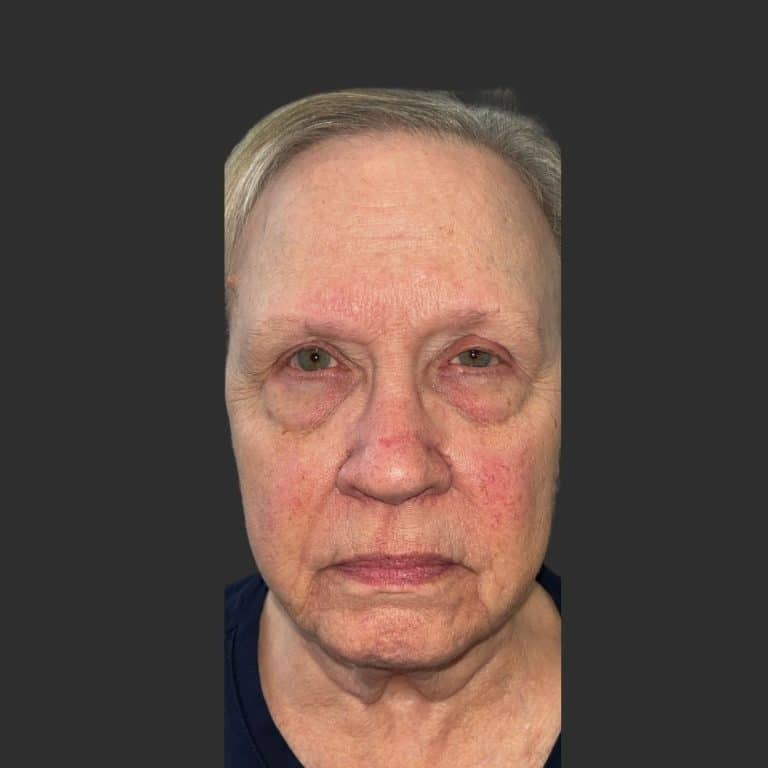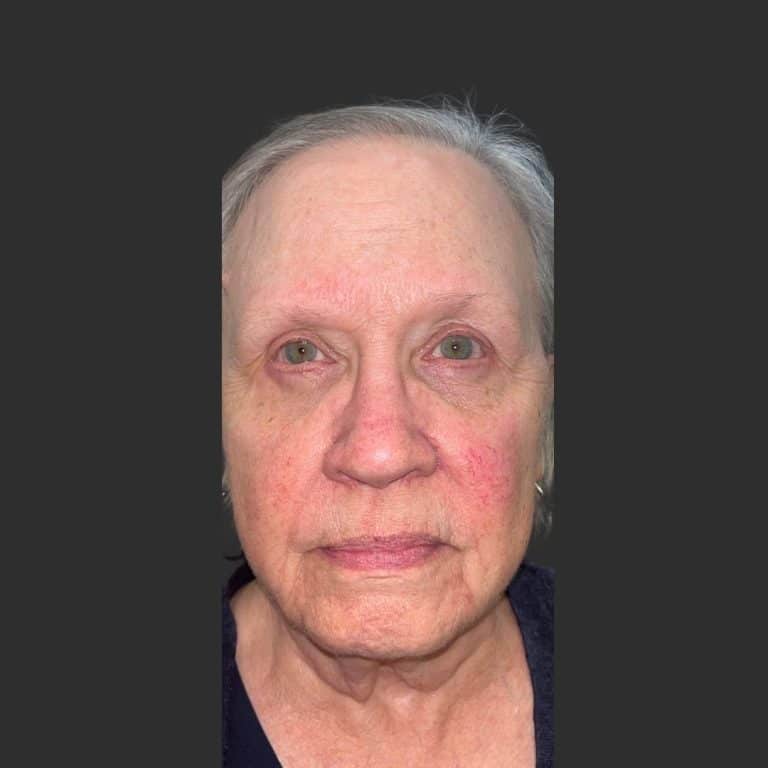Congenital Ptosis is present at birth and is often caused by abnormal development of muscle within the eyelid. It may range from mild to severe and can affect visual development and cause difficulty in learning, facial fatigue, and headache. Children with ptosis should be examined by an ophthalmologist because it can lead to astigmatism and permanent damage to the eye. If the ptosis is severe enough or vision problems arise, a blepharoplasty may be recommended. Otherwise, children with ptosis often wait until school age to undergo surgery.
Acquired Ptosis is an eyelid condition which happens after birth and can be related to trauma, age, certain diseases, and nerve or muscular problems. Anyone who experiences a sudden onset of a drooping eyelid or uneven pupil dilation should be examined as soon as possible because it may be a sign of a more serious condition such as cerebral aneurysm.
Muscle-Related (Myogenic) Ptosis is caused by weakened muscles in the muscle group that raises the eyelid. It may be associated with other muscle disorders.
Nerve-Related (Neurogenic) Ptosis is caused by a disorder of the nerves that supply eyelid muscles.
Traumatic Ptosis is due to any injury that scars eyelid skin or damages the muscles or nerves that lift the eyelid.
Mechanical Ptosis may occur due to excess skin weight of the upper eyelid, eyelid swelling, or growths on the eyelid.
Age-related (Involutional) Ptosis is very common and is due to gradual stretching and thinning of the levator muscle and its tendon within the eyelid. It can be caused by age or long-term use of hard contact lenses.
Ptosis can affect vision and cause symptoms of facial fatigue and headache. If there is a significant degree of visual obstruction, an eyelid lift may be considered medically necessary and covered by your insurance plan. TOC physicians can provide you with a consultation to help determine if an eyelid lift may be a covered medical necessity for you.
As our patient you or your loved one will receive evaluation and treatment by one of our elite oculoplastic surgeons, each with advanced specialized credentials, to give you the uncompromising care and extraordinary results we are known for. Eyelid lift or ptosis surgery is typically performed under local or IV sedation for adults and general anesthesia for children. For most patients, the recovery time from surgery is brief and bruising is minimal. The procedure usually takes under an hour and can be performed with other procedures including laser resurfacing for facial wrinkles and skin tightening, brow/forehead lift, facelift, facial fat transfer, and rhinoplasty.
Most procedures may be performed in an ambulatory surgery center setting. Outpatient (ambulatory) surgery helps to reduce hospital costs, personal expense, and length of stay for patients needing surgery. For those times when surgery is best performed at a hospital, TOC physicians have surgical privileges at all Austin-area hospitals and many ambulatory surgery centers.
We understand that any patient may feel anxious or apprehensive about treatment. Our goal is to help you or your loved one feel at ease. We engage each patient with sensitivity and respect for his or her individual needs.
If you would like more information about the eyelid lift procedure or ptosis, please don’t hesitate to request complimentary information from TOC by email at info@tocaustin.com. You may also schedule a private consultation with a TOC physician.


